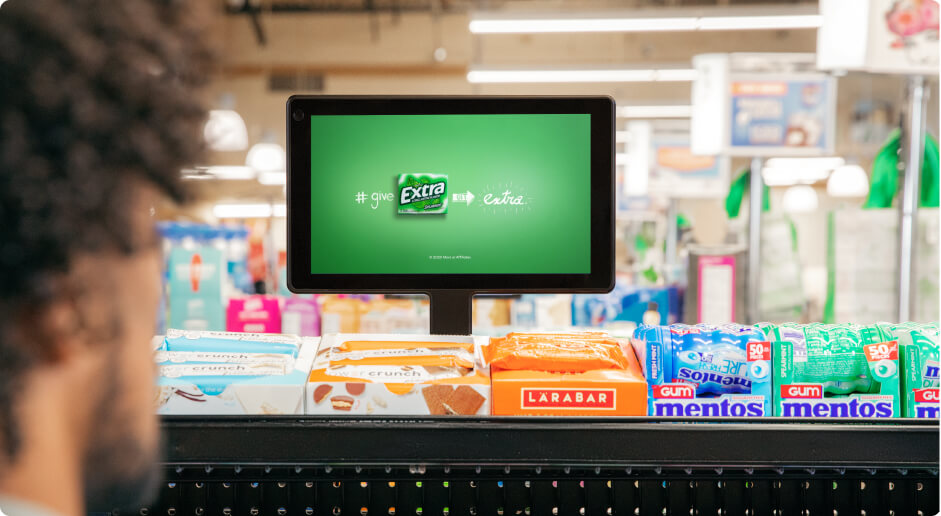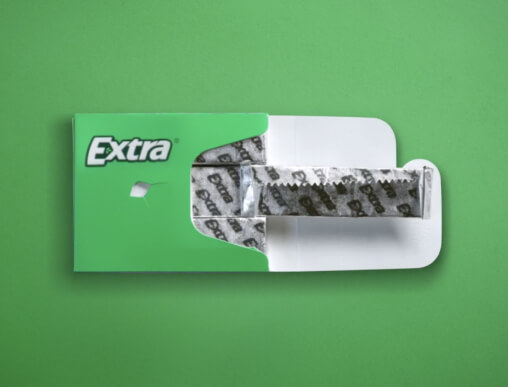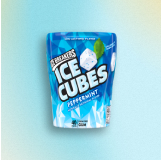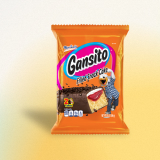Results
- +11.1%Sales lift from the highest performing campaign
- +6.4%Overall sales lift
Type
- Sales lift
Category
- CPG

The campaigns ran in 377 grocery stores across the country, including SpartanNash, Ridleys, Bashas', and Fareway, for 16 weeks.
Mars Wrigley’s goal with the Extra Gum campaigns was to assess the impact of different creative messaging on sales lift.
One brand equity campaign that showcased general brand awareness for Extra Gum was run alongside four functional campaigns with specific content that addressed the following consumer interests:
Focus

FRESHENING

CONNECTIONS

BOREDOM RELIEF



+11.1%
The highest sales lift for Extra Gum was in stores that ran the "Focus" functional campaign
+6.4%
Overall sales lift for Extra Gum
A regression analysis was used to determine the overall sales lift as well as the lift for each of the five campaigns, in a set of test stores versus a set of control stores. This analysis also controlled for convoluting factors like price, seasonality, and store foot traffic.
Tracking the impact of creative in boosting sales
Understanding the performance of various in-store marketing activities is crucial for building effective touch points along the shopper journey.
With Grocery TV, brands are able to not only understand how their campaigns are performing, but also have the flexibility to optimize creative based on performance.
1
When it comes to delivering the right message in the right place, Grocery TV offers CPG brands the advantage of reaching their customers where their products are actually sold.
2
CPG brands can choose from a variety of measurement solutions depending on their campaign goal. For sales lift studies, Grocery TV has 3rd party measurement partners as well as internal data experts to provide additional analyses.
3
Whether campaigns are run programmatically or through our managed service, CPG brands can easily adjust their creative and targeting.
Download the full case study


